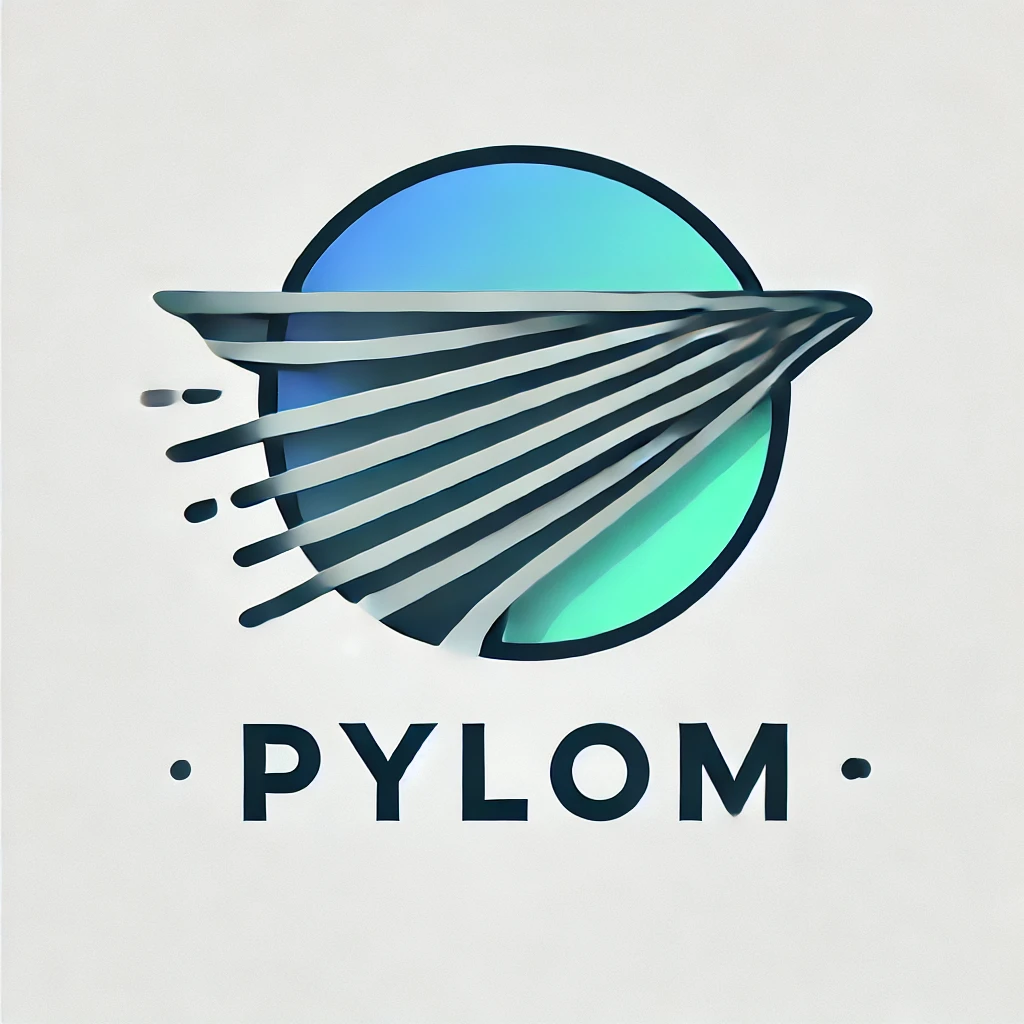Installation from source#
A Makefile is provided within the tool to automate the installation for ease of use. To install the tool, simply create a virtual environment as stated below or use the system Python. Once this is done, run:
make
This will install all the requirements and install the package to your active Python environment. To uninstall, use:
make uninstall
The previous operations can be done one step at a time using:
make deps requirements
to install all the requirements;
make python
to compile; and
make install
to install the tool.
For development or GitHub integration purposes, it is recommended to install under development mode using:
make install_dev
GPU Support#
GPU support is achieved through CuPy on the non-compiled version. To access the GPU, modify the options.cfg file to:
USE_COMPILED = OFF
Also, ensure that the correct CuPy version is installed. This can be found in the requirements_cupy.txt file, which specifies:
cupy-cuda12x
That is, install the CuPy package with CUDA 12 support. Other supported systems can be found at PyPI. Then deploy normally as instructed above, ensuring that the requirements are met:
make requirements_cupy
Prerequisites#
Compilation on a Linux machine (Ubuntu 18.04 or Ubuntu 20.04) is recommended. The packages needed to compile and run the code are (run them in your terminal):
sudo apt install make cmake
sudo apt install python3 python3-pip
sudo apt install openmpi-bin libopenmpi-dev
h5py#
The h5py package is needed for most of the functionality of pyLOM; however, it is not included in the requirements of pyLOM since it is not an essential package. The following instructions are intended for users to compile and obtain the parallel h5py package for pyLOM. To install the serial h5py, simply do:
pip install h5py
The serial h5py will work with pyLOM but will fail to open when doing operations in parallel.
Parallel h5py#
The h5py package can be manually installed with parallel support, provided the right libraries are in the system. To get them, use:
sudo apt install libhdf5-mpi-dev
Alternatively, ensure that the environment variable HDF5_DIR is pointing to your hdf5 installation. Then install h5py from pip (or the GitHub package) using:
CC=mpicc HDF5_MPI="ON" pip install --no-binary=h5py h5py
CuPy#
The cupy package is needed to access the GPU. The standard distribution of cupy is included in the requirements. However, you may need a specific build tailored to your system. Please check the CuPy documentation for precompiled binaries for your system. We link with the standard cupy-cuda12x as we have no way to ensure which system it will be deployed on.
